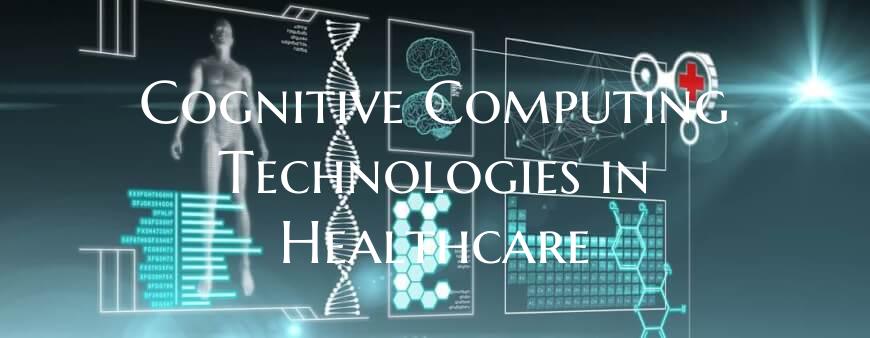Cognitive Computing Technologies in Healthcare
In recent years, the healthcare industry has seen a rapid evolution with the integration of cutting-edge technologies. One such groundbreaking advancement that is revolutionizing the way healthcare is delivered is cognitive computing. This emerging field combines artificial intelligence, machine learning, and natural language processing to mimic human thought processes and support decision-making in healthcare settings.
Cognitive computing technologies have the potential to transform various aspects of healthcare delivery, from streamlining administrative tasks to improving patient care and outcomes. One of the key benefits of cognitive computing in healthcare is its ability to analyze complex data sets quickly and accurately, enabling healthcare providers to make more informed decisions in real-time.
By leveraging cognitive computing technologies, healthcare professionals can enhance clinical decision-making, personalize treatment plans, and improve patient engagement. For example, cognitive computing systems can analyze a patient's medical history, symptoms, and genetic information to assist physicians in making accurate diagnoses and recommending tailored treatment options.
Moreover, cognitive computing technologies can also support healthcare organizations in optimizing operational efficiency and resource allocation. These systems can analyze vast amounts of data from electronic health records, medical imaging, and other sources to identify trends, predict outcomes, and improve the overall quality of care delivery.
Despite the many advantages of cognitive computing in healthcare, there are also challenges that need to be addressed, such as data privacy concerns, regulatory compliance, and ensuring the accuracy and reliability of the algorithms used in these systems. Nonetheless, as the technology continues to advance, the potential for cognitive computing to transform healthcare delivery and improve patient outcomes is immense.
In conclusion, cognitive computing technologies have the power to revolutionize the healthcare industry, enabling healthcare providers to deliver more personalized, efficient, and effective care to patients. By harnessing the capabilities of cognitive computing, healthcare organizations can drive innovation, improve clinical processes, and ultimately enhance the overall quality of healthcare services.

